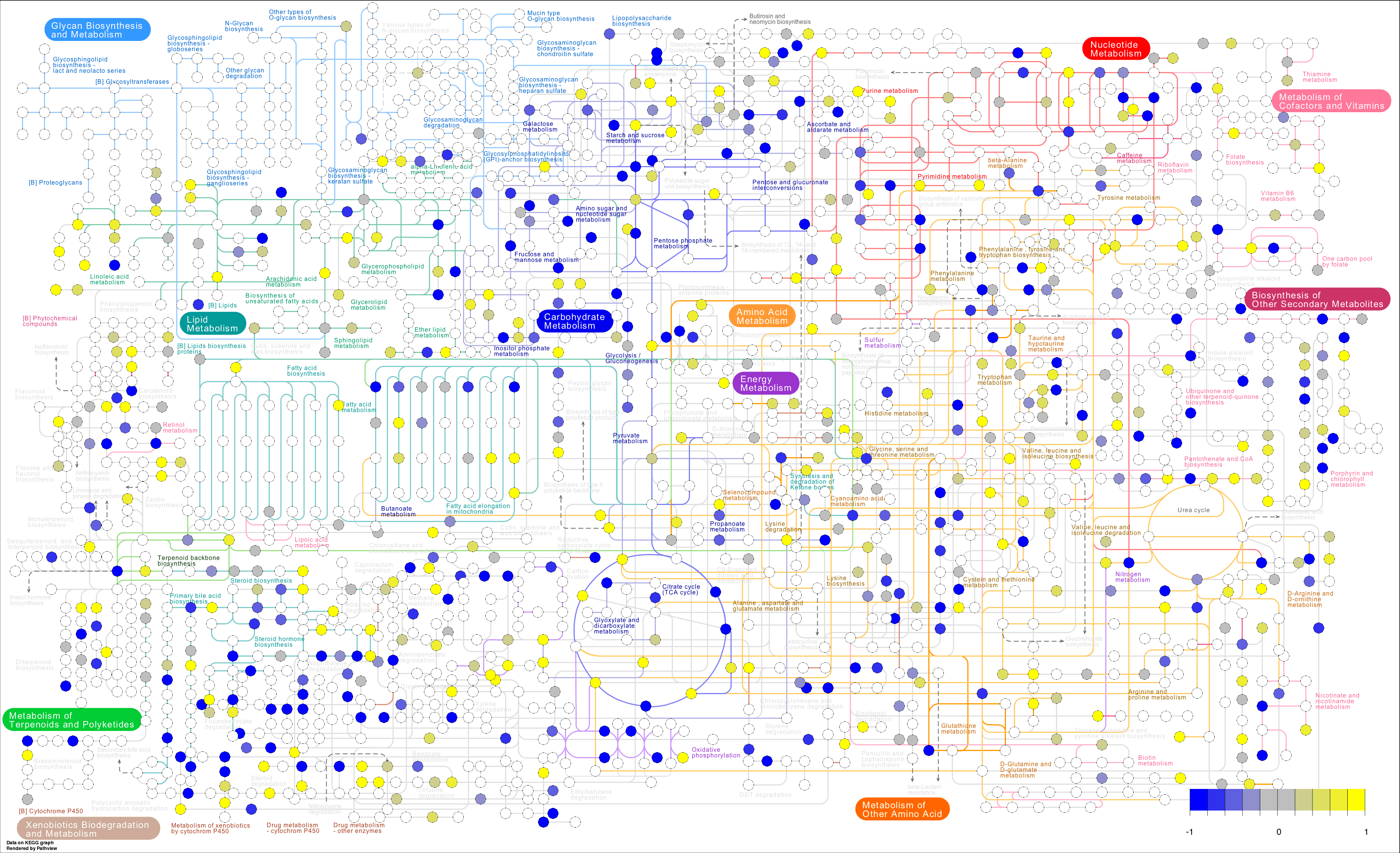Systems Biology
Traditionally, molecular biologists study the functions of a single molecule in the cell in isolation from its interacting partners. This analytical approach has been successful for understanding the biochemical functions of individual biological molecules, however, it is not likely for this approach to yield a comprehensive understanding of a biological phenomenon, which is the system behvior of a specific set of interacting molecules in the cell, and a biological molecule carry out its functions through interacting with other molecules. Therefore, in order to understand a biological phenomenon and the functions of biological molecules, we need to study these specific sets of molecules as a whole entity. With the availability of the genome sequences of many organisms, and the development of other high throughput technologies, it is now possible to study the system behavior of many interacting molecules in a quantitative manner. Such requirements gave the birth of modern systems biology. Although there is no consensus definition for systems biology yet, systems biology generally studies the emerging properties of a system of interacting genes, protein, RNAs and small metabolites using methods from quantitative sciences including computational biology, computational chemistry, mathematics, physics, computer science and engineering. At BRC, faculty members develop high throughput methods and algorithms to study global gene regulatory networks in cells, monitoring the expression of the whole set of genes encoded in the genome of an organism, and identify all the molecules that are involved in a biological process including a disease.
Tools developed by our Faculty: GAGE – Generally Applicable Gene-set Enrichment and Pathway Analysis Pathview – pathway based data integration and visualization

Faculty in this Research Area:
Dr. Weijun Luo, Associate Professor
Dr. Mindy Shi, Assistant Professor
Dr. ZhengChang Su, Assistant Professor